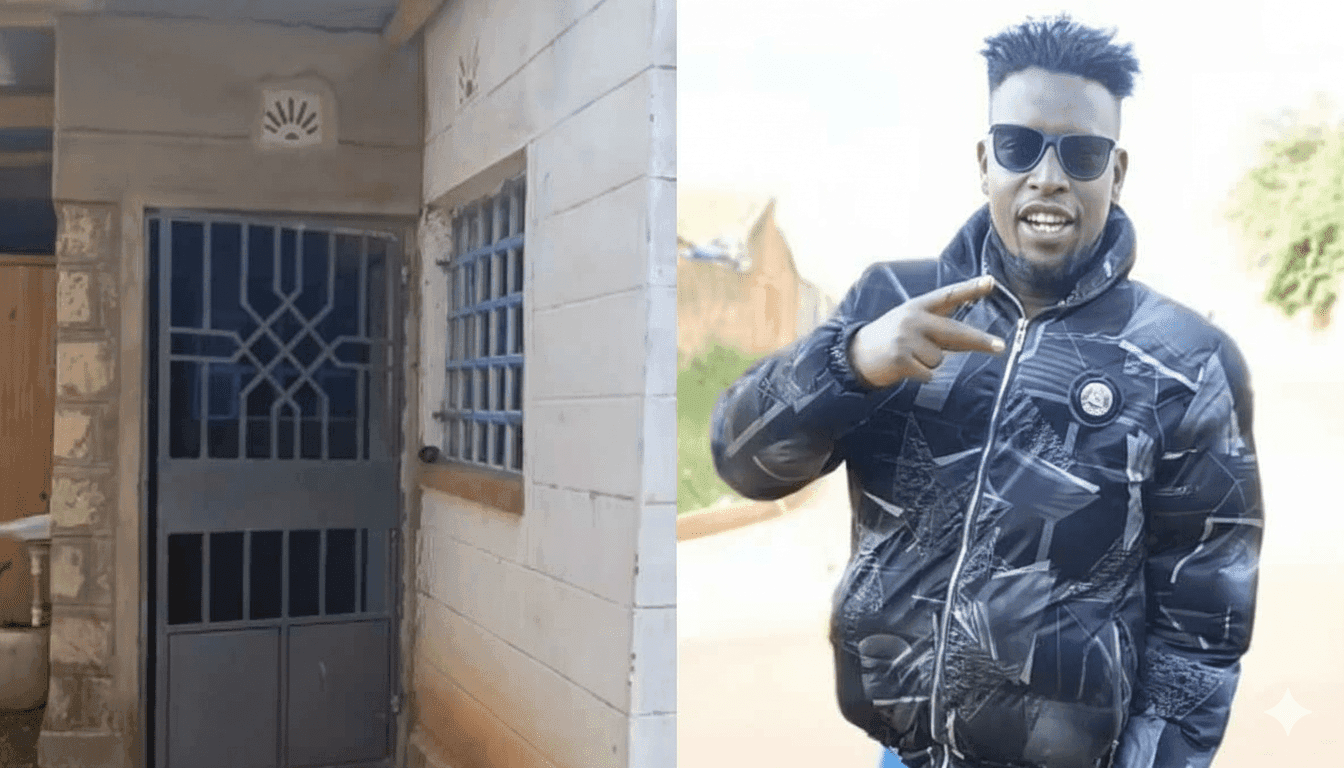We're loading the full news article for you. This includes the article content, images, author information, and related articles.
A young man’s determination to build a home on his inheritance spotlights the intense pressure on Kenyan youth to sell ancestral land amidst widespread unemployment and economic hardship.

NAIROBI, KENYA – A young Kenyan boda boda operator, identified only as Amadi, has become an online symbol of resilience after constructing a modest home on his ancestral land, a feat he accomplished after reportedly resisting pressure from relatives to sell the property following the death of his parents. His story, which gained prominence through a viral TikTok video and an interview with TUKO.co.ke on Monday, 3 November 2025, has ignited a national conversation about youth perseverance, the gig economy, and the profound cultural and economic significance of land ownership in Kenya.
According to the initial report, Amadi’s journey was born from immense personal loss. He recounted how his mother passed away from Stage Four cancer shortly after his father died in an accident. Left orphaned, he faced pressure from relatives tasked with his care to liquidate his inheritance. Choosing to preserve his parents' legacy, Amadi embarked on a difficult path of saving from his daily earnings as a boda boda rider. "I sacrificed," he stated, describing how he forwent personal comforts and social activities to channel his meagre income into the construction project.
The result of his sacrifice is a newly constructed one-bedroom house, which, though small, features modern finishing touches such as a gypsum ceiling and a projector for entertainment—details he proudly shared online. In his video, he expressed gratitude to his customers, acknowledging that their small fares of KSh 50 and KSh 100 collectively made his dream possible.
Amadi's story resonates deeply in a country where land ownership is fraught with complexity and disputes over inheritance are common. Such conflicts often arise when a landowner dies without a clear will, leading to protracted legal battles and familial discord governed by Kenya's Law of Succession Act. Many young inheritors, particularly in rural areas, face immense pressure to sell land, which is often the family's primary source of livelihood and cultural identity.
His achievement is further magnified by the economic realities facing both Kenyan youth and boda boda operators. Youth unemployment remains a critical challenge, with 41% of Kenyans aged 18-35 actively seeking jobs, according to a 2023 Afrobarometer survey. Many, like Amadi, turn to the informal sector for survival. The boda boda industry is a massive employer, with over two million licensed riders contributing an estimated KSh 660 billion annually to Kenya's economy, equivalent to about 4.4% of the nation's GDP.
However, the income can be precarious. A 2025 report by Viffa Consult noted that riders who own their motorcycles earn an average of KSh 1,100 daily, or about KSh 26,400 per month. From this income, riders must cover fuel, maintenance, loan repayments, and daily living expenses, making a large-scale savings project like building a house a monumental challenge.
The cost of construction in Kenya further underscores the scale of Amadi’s accomplishment. Estimates from 2023 and 2025 show that building even a simple one-bedroom house can cost anywhere from KSh 500,000 to over KSh 1.2 million, depending on location and materials. For a young person in the informal economy, accumulating such capital requires immense discipline and long-term vision.
Amadi’s decision to build rather than sell stands as a powerful counter-narrative to the pressures of immediate financial gain, highlighting a deep-seated desire among many young Kenyans to secure a permanent stake in their future through property ownership. His story is not just one of personal triumph but a reflection of a wider struggle for economic stability and the preservation of heritage against significant odds.
Keep the conversation in one place—threads here stay linked to the story and in the forums.
Sign in to start a discussion
Start a conversation about this story and keep it linked here.
Other hot threads
E-sports and Gaming Community in Kenya
Active 9 months ago
The Role of Technology in Modern Agriculture (AgriTech)
Active 9 months ago
Popular Recreational Activities Across Counties
Active 9 months ago
Investing in Youth Sports Development Programs
Active 9 months ago